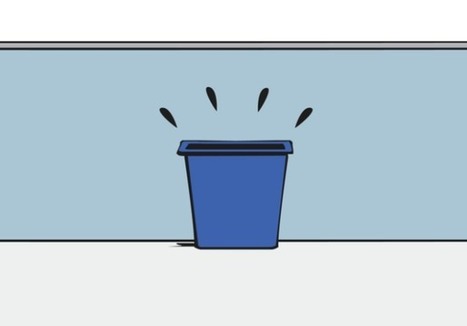This blog was kindly contributed by Professor Randall Whittaker, Pro-Vice Chancellor Academic and Leeds Arts University. You can find Randall on Twitter @RandalWhittaker.
On Wednesday 21 April HEPI hosted the third webinar in a series with Advance HE on ‘How do we ensure equality in higher education in a pandemic?’. You can watch the recording here.
Over the years there have been numerous calls for action to abandon the divisive BAME term which have predictably not been heeded. I have previously argued that the homogenous term BAME is not only lazy but also problematic. Who exactly are you referring to when you use it? BAME has no nuance and the way it is being used impacts the lives of people of colour negatively; ‘BAME’ is being use to misrepresent the experience of Black and brown people and to mask inaction.
The Commission on Race and Ethnic Disparities report published at the end of March this year, recommends that the term should be disaggregated. Although I support this recommendation it is concerning that in other parts of the report the Commission use disaggregation to explain differential outcomes between Black communities:
Via Elizabeth E Charles



 Your new post is loading...
Your new post is loading...












